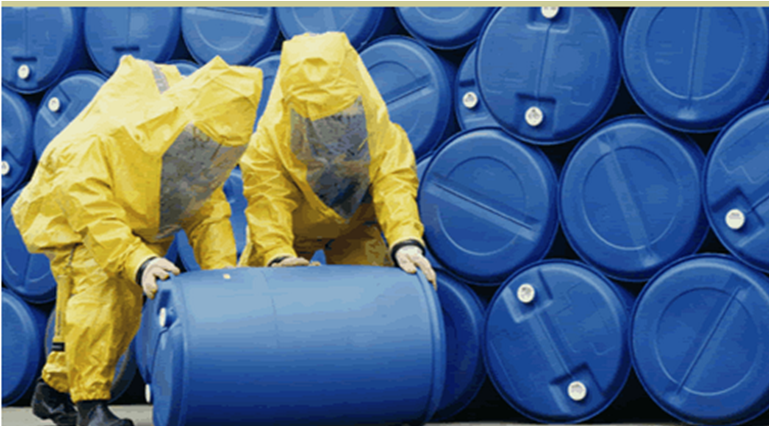Chemicals & Waste
Both chemicals and waste play critical roles in today’s society and economy. At the same time they have major impacts on our environment and human health. De facto, many chemical substances are harmful to people and their environment while many forms of waste result hazardous and pose dangers to our lives and the nature surrounding us.
Based on the mercury assessment, UNEP’s Governing Council concluded that there was sufficient evidence ofsignificant global adverse impacts from mercury and its compounds to warrant further international action to reduce the risks to human health and the environment. Further scientific work has been conducted to update information on atmospheric emissions of mercury, as well as an assessment to identify populations at risk from exposure to mercury. See the Global Mercury Assessment, Global Atmospheric Mercury Assessment; Sources Emissions and Transport and the Guidance for Identifying Populations at Risk from Mercury Exposure. UNEP’s Governing Council requested a review of scientific information on lead and cadmium focusing on long-range environmental transport, to guide future discussions of the Governing Council on global action in relation to these two heavy metals. See the draft final review of scientific information on lead and draft final review of scientific information on cadmium.
To address this urgent issue and provide mainstream solutions, UNEP - also as an implementing GEF agency - is working closely with governments, industries, and civil society organizations. In doing so, UNEP and its partners focus on achieving the World Summit on Sustainable Development (WSSD) goal that by 2020 chemicals are used and produced in ways that lead to the minimization of significant adverse effects on human health and the environment. In this way, countries, businesses and other stakeholders are supported improving their capacity to manage chemicals and waste soundly throughout their life-cycles. This is achieved by jointly developing policy instruments, including regulatory frameworks, and providing scientific and technical knowledge and tools needed to ensure a successful transition among countries towards sound management of chemicals and waste in order to minimize impact on the environment and human well-being.
To make this happen, UNEP’s Subprogramme on Chemicals and Waste* is implementing a threefold, results-based management strategy targeting the following Expected Accomplishments as part of its Programme Framework for 2014-2017 and Programme of Work for the biennium 2014-2015:
- Institutional Capacity and Policy Instruments: to increase the institutional capacity and policy instruments of countries to manage chemicals and waste soundly, including the implementation of related provisions in the MEAs;
- Scientific and Technical Knowledge and Tools for Sound Chemicals Management: to increase the use of scientific and technical knowledge and tools by countries, major groups and stakeholders, needed to implement sound chemicals management and the related MEAs;
- Scientific and Technical Knowledge and Tools for Sound Waste Management: to increase the use of scientific and technical knowledge and tools by countries, major groups and stakeholders, needed to implement sound waste management and the related MEAs;

